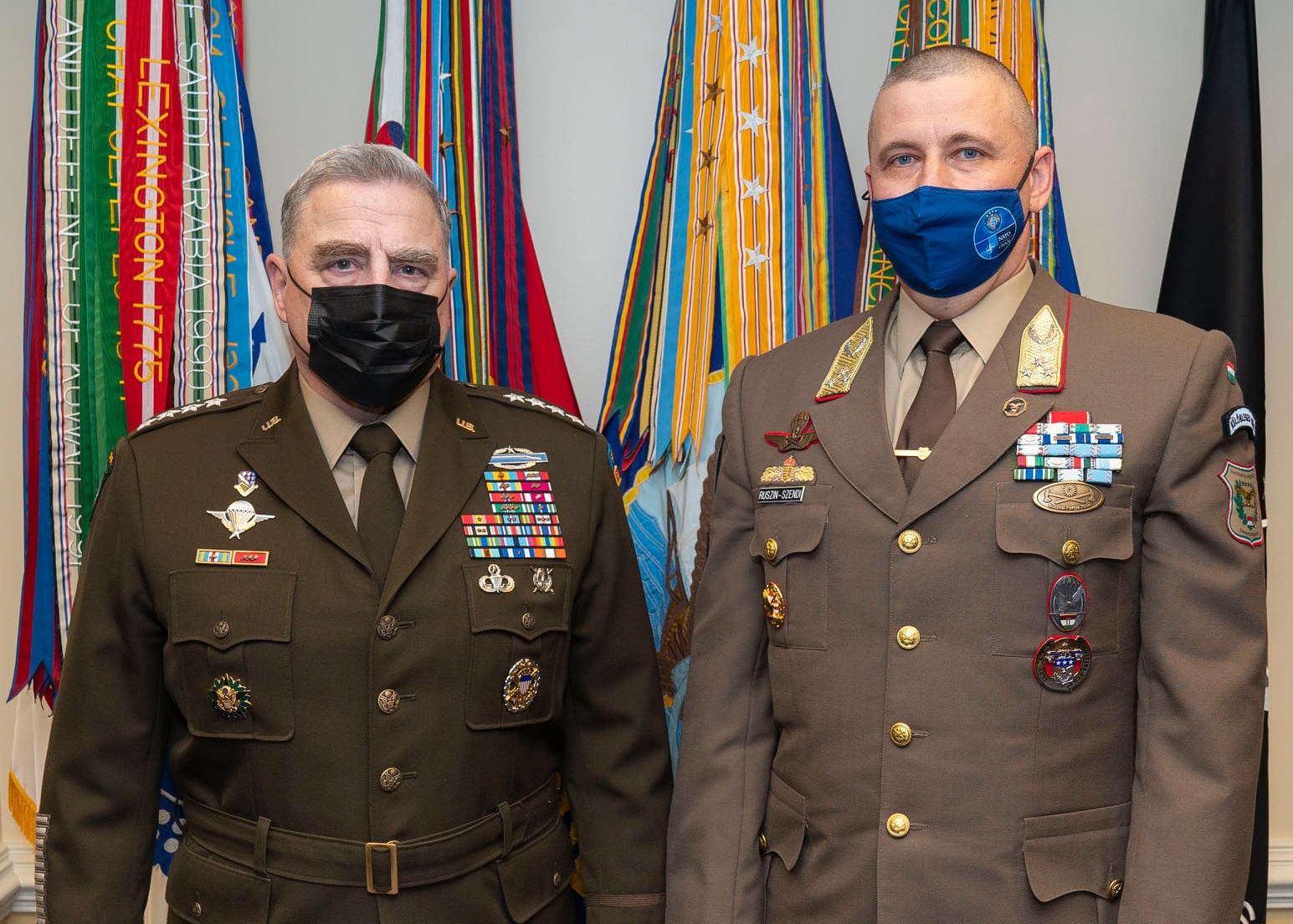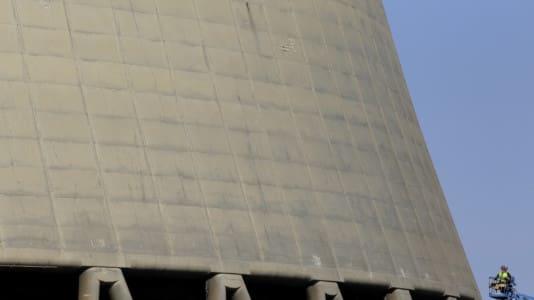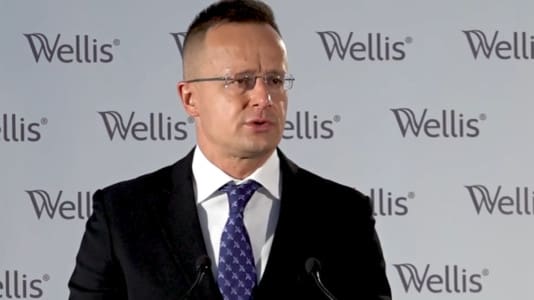For the first time in 16 years, the chairman of the U.S. Joint Chiefs of Staff, which is currently General Mark Milley, met the commander of the Hungarian Armed Forces, Romulusz Ruszin-Szendi.
“There is also a constant communication and sharing of information between the allied countries about the situation in the Balkans and the Russian-Ukrainian border,” Lt. Gen. Ruszin-Sendi told Hungarian media after the meeting, which took place in Washington, D.C.
“We discussed how we each see the situation, and what assumptions we have about the future,” the lieutenant general said. The commander of the Hungarian Armed Forces emphasized the need for a continuous exchange of information between the allied nations so that NATO could be prepared for possible action with the help of military analysts.
He also drew attention to the fact that, for the first time in 16 years, the U.S. Joints Chief of Staff had received a commander of the Hungarian army. According to Ruszin-Szendi Romulusz, this is due to the fact that Hungarians are not only talking about the force development program in Hungary, but how Hungary can justify the developments and capacity building with facts.
Gáspár Maróth, Hungary’s commissioner for defense development, who was also part of the Hungarian delegation, met with Gregory M. Kausner, deputy minister for procurement at the U.S. Department of Defense in Washington DC on Monday. Among other topics, they discussed in detail the production of GPS-based positioning devices, which is the soul of all military equipment.
“We have tried to put together a common strategy on how to offset China’s dependence on NATO development within the framework of the NATO alliance. The United States thanked Hungary for its efforts to develop munitions factories, which will be a key capability for NATO forces throughout the European battlefield,” said Marót, adding that “we have received strong recognition for our achievements in military development.”





